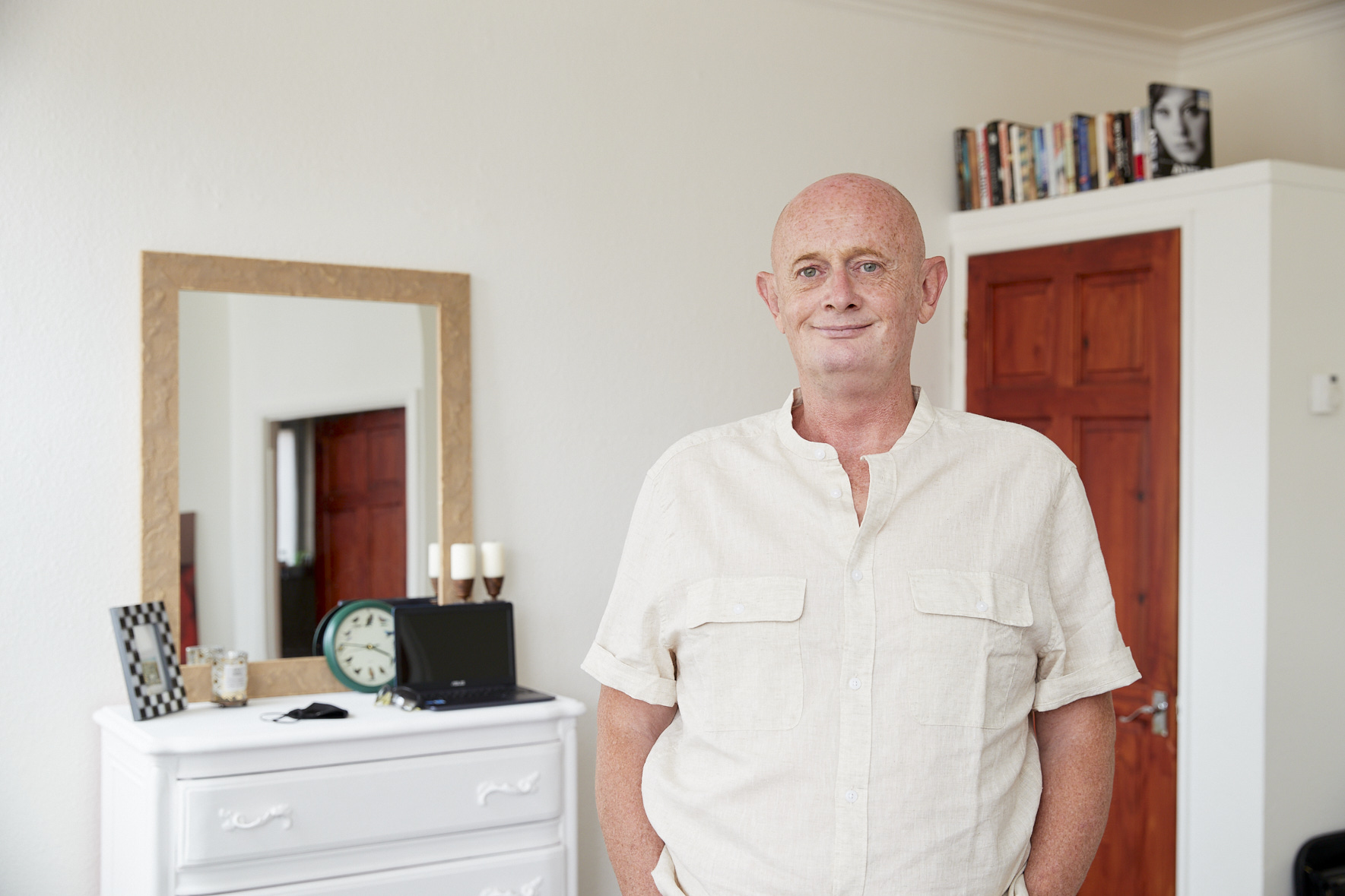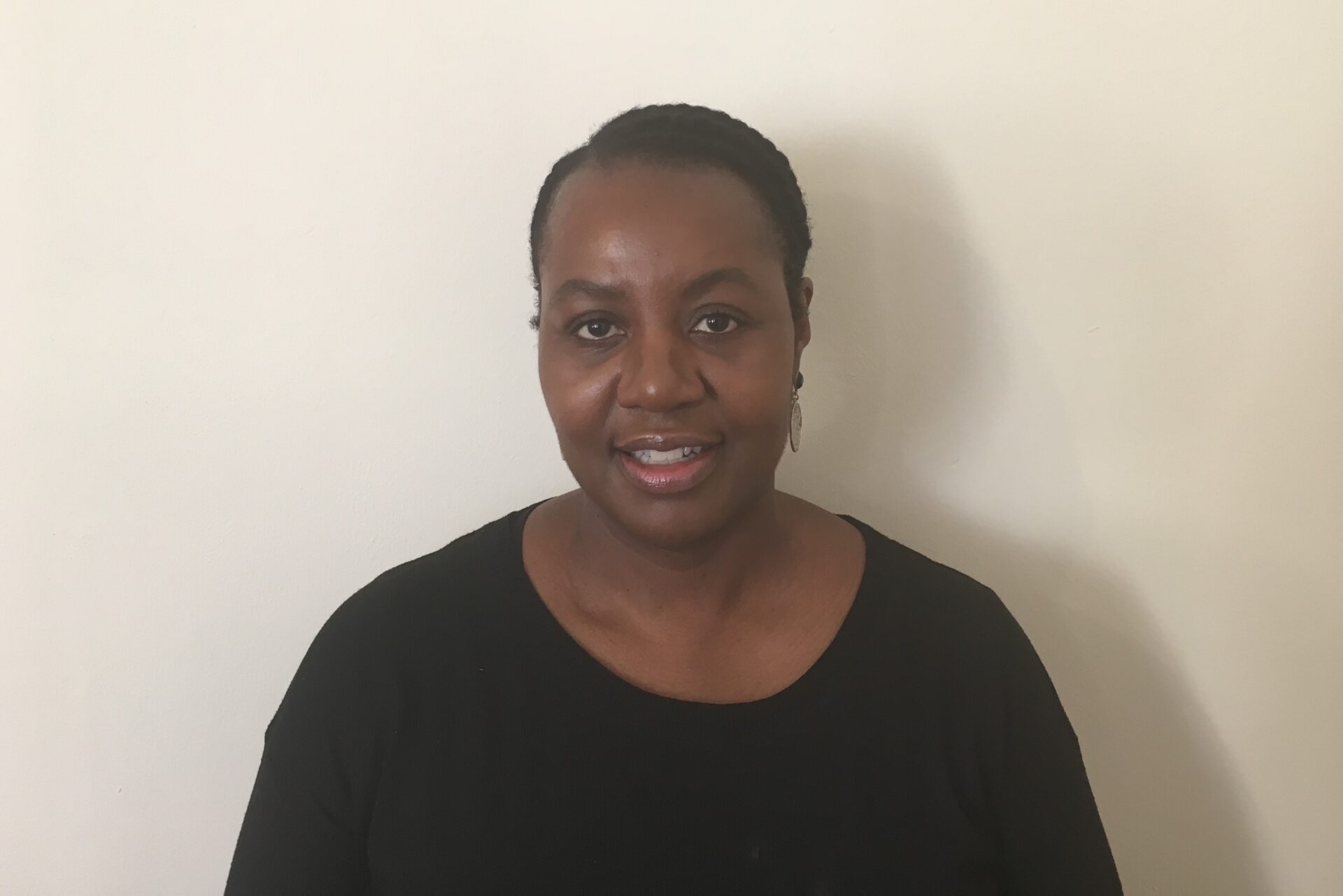Easing the transition from temporary accommodation to long-term homes
How we’re helping prevent homelessness by supporting people through temporary accommodation

In the news this week, we have seen that the use of temporary accommodation is at a 25-year high in England, with latest figures showing that 105,000 households are in temporary accommodation, up 10% on this time last year. According to the report, a further 83,000 were “initially assessed as homeless or threatened with homelessness.”
Part of our mission of ending rough sleeping in London includes ensuring people are moved into long-term, sustainable homes, that meet their needs. However, sometimes this isn’t a straightforward, single move, and our Peer Landlord scheme provides shorter-term accommodation whereby the only other alternative might be sleeping rough.
We have two projects that are catered to different groups of people who might need some support before entering the private rented sector independently. Our project in Hackney is a form of temporary accommodation provides a grounding in support and some stability while the longer-term solution is found in a positive, productive, collaborative way. With sufficient space to develop a plan alongside support from Thames Reach, this friendly, shared environment is a direct alternative to spending time sleeping rough or in hostels, with a view to move on quickly. Mathiu’s story exemplifies the ways in which the Hackney project can be successful in helping people regain confidence in living independently.
Meanwhile in our Lewisham project, we work with people who are in work, but are struggling with maintaining their home. This could be for various reasons, such as having rent arrears, or recent experience sleeping rough. In genuinely affordable, shared accommodation, this is a longer-term solution for people rebuilding their lives.
The need for good quality, affordable, shared accommodation is essential in preventing homelessness, and in Lewisham we work with a funder of social property, who own 75% of the building, and whose investment makes a significant social impact. This is a partnership that has worked well, and that we hope to replicate elsewhere.
Affordable housing is a huge barrier to people gaining their own independence, a predicament which is especially heightened in London, where housing stocks are increasingly precariously managed and hard to come by. This important step towards a suitable home provides the time and space to explore other needs such as mental health, employment support, and financial resilience. Paying attention to these needs will give people the best chance of finding and keeping their long-term home in the near future.


